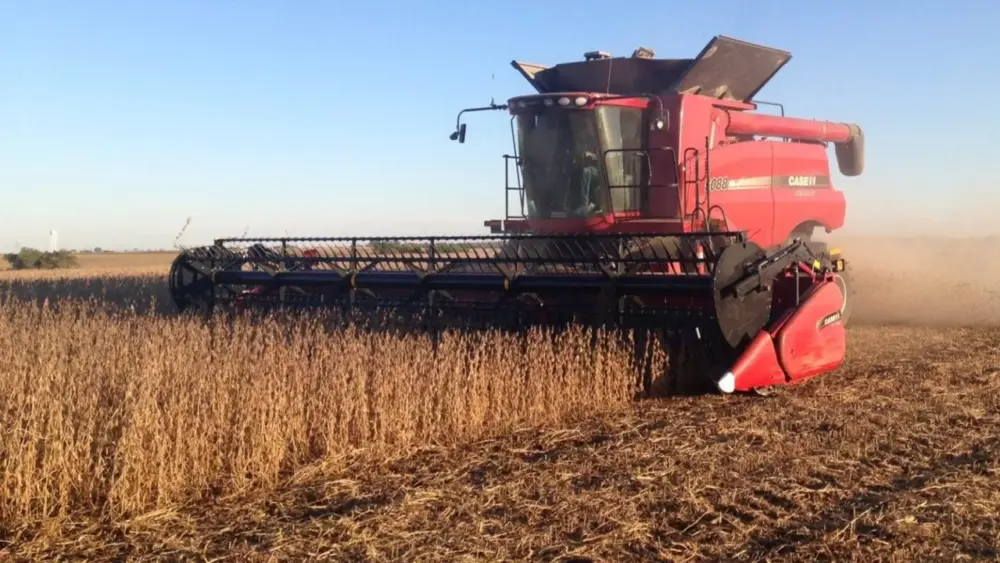On Monday afternoon, the U.S. House of Representatives passed HR 4550 – the U.S. Grain Standards Reauthorization Act, a move aimed at preventing key provisions in the U.S. Grain Standards Act from expiring at the end of the month.
“A lapse in authorization would disrupt the current grain inspection and weighing process, cost the farm economy more than $70 million a day, and create serious consequences for American Family Farms, our supply chain and our international trading partners. These disruptions are entirely avoidable,” said Glenn “GT” Thompson, chair of the House Committee on Agriculture urging Congress to pass the reauthorization before the Sept. 30 deadline. “We are doing our farmers and export partners a disservice if we don’t do our jobs and get this critical piece of legislation across the finish line.”
The U.S. Grain Standards Act, originally passed in 1916, governs how grains like wheat, corn, and soybeans are inspected and weighed before export.
“If we want America to maintain its status as the safest, most abundant grain supply in the world, reauthorization of this act before several of its key provisions expire at the end of September is absolutely essential,” Thompson continued.
HR 4550 passed with bipartisan support, showing a rare moment of unity in a sharply divided Congress. Lawmakers on both sides of the aisle acknowledged the importance of maintaining strong, transparent, and consistent grain standards—especially as U.S. producers face rising global competition.
The bill now heads to the Senate, where ag industry groups are urging swift passage before the deadline.
For farmers, grain elevators, and rural communities who depend on grain exports, this reauthorization isn’t just paperwork—it’s peace of mind.






